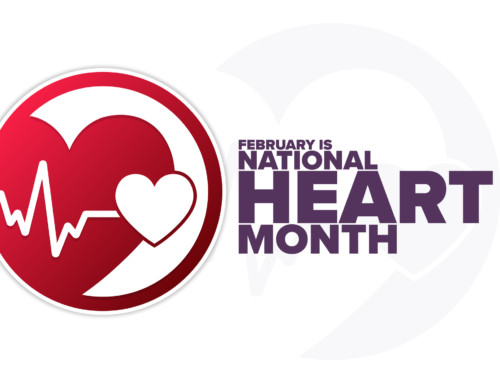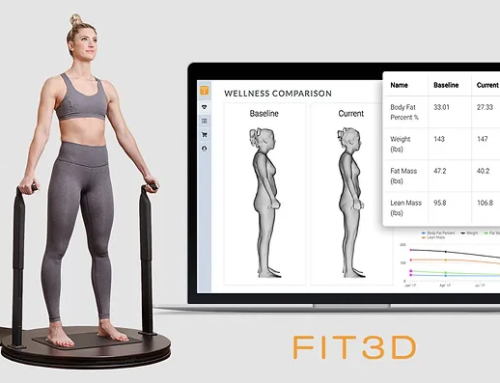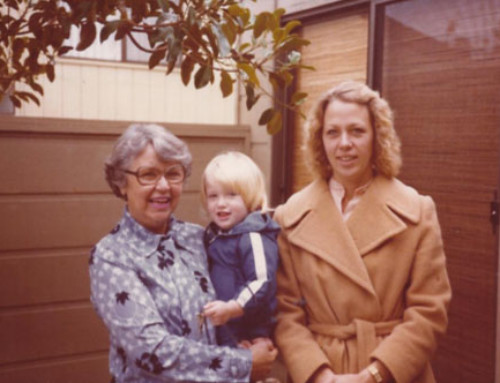 Becoming an organ donor is one of the most selfless decisions you can make. By taking just a few moments to register as a donor, you can help save the lives of up to 75 individuals. You’ll also make a positive impact on the friends and family members of the people who receive life-saving organs.
Becoming an organ donor is one of the most selfless decisions you can make. By taking just a few moments to register as a donor, you can help save the lives of up to 75 individuals. You’ll also make a positive impact on the friends and family members of the people who receive life-saving organs.
Read on to learn more about the different types of organs that can be donated, what’s involved in the registration process in the state of California, and how the donation process works.
Types of Organ Donation
Organ donation is typically associated with the heart, liver, and kidneys, but there are many other organs and tissues that you can donate. Some need to be recovered and transplanted within a certain amount of time to be effective.
The following list details which organs and tissues can be donated, along with any timeframes that apply to their recovery:
Organs
- Heart (4-6 hours)
- Lungs (4-8 hours)
- Intestines (6-10 hours)
- Liver (12-15 hours)
- Pancreas (12-24 hours)
- Kidneys (24-48 hours)
Tissue
- Cornea
- Eye
- Skin
- Heart valves
- Veins
- Bones
- Connective tissue
- Upper body bone
All of these organs and tissues can be donated, but you are under no obligation to donate everything. You can easily opt out of giving particular organs or tissues based on your personal preference. Your health and wellness will also be taken into consideration when you are donating — postmortem, the organ procurement organization (OPO) will determine whether or not organ donation is possible.
How to Sign Up
Becoming an organ donor has never been easier. In the state of California, there are three ways to register:
1. Sign up at the California DMV when you’re renewing or applying for a driver’s license.
You’ll just need to check “Yes” on your application when asked whether you want to be an organ donor. From there, you’ll be given a donor card to keep in your wallet, and a pink organ donor sticker will be affixed to your license.
2. Register on the Donate Life California Organ and Tissue Donor Registry website.
On the website, you’ll be asked to supply some identifying information like your name, date of birth, address, and part of your social security number. If you ever need to update this information (or want to opt out of donating particular tissues or organs), you can do so at registerme.org.
3. Sign up through the national registry database, ORGANIZE.org.
As America’s first central registry, this non-profit carries your registration from state to state, which means you only need to register once, even if you relocate often.
No matter how you sign up, becoming an organ donor is fast, simple, and completely free of charge. You should never have to pay a fee or face any discrimination based on race, sexuality, income, or age — but if you’re under 18 years of age, the final consent of a parent or legal guardian will be required for the donation to be carried out.
How It Works
While there are no restrictions when it comes to signing up for donation beyond parental consent for minors, it doesn’t mean that any or all of your organs will be recoverable at the time of your death. Fewer than 1% of hospital deaths result in organ donation, partly because time is such a limiting factor. Most organs are only healthy for a short window of time after death, and there is a strict process for their donation.
When a donor passes away, two doctors (who are not associated with organ transplantation) must declare the donor brain dead before the hospital can send the deceased individual to an organ procurement organization (OPO) for evaluation. If the donor meets the criteria for donation, their family will be notified and asked permission for the procedure to continue. Once the family gives their consent, the next person on the organ transplant waiting list will then be contacted.
Becoming an organ donor has no impact on your funeral arrangements; your family can still choose an open casket ceremony and will not be forced to wait any additional time to have your service.
It’s Your Chance to Be a Hero
By choosing to become an organ donor, you’ll become a real-life hero. Don’t just support organ donation in theory; instead, get involved now and help save lives.
Contact Tri-City Medical Center for more information about organ donation so you can feel confident and informed before making such an important decision.





